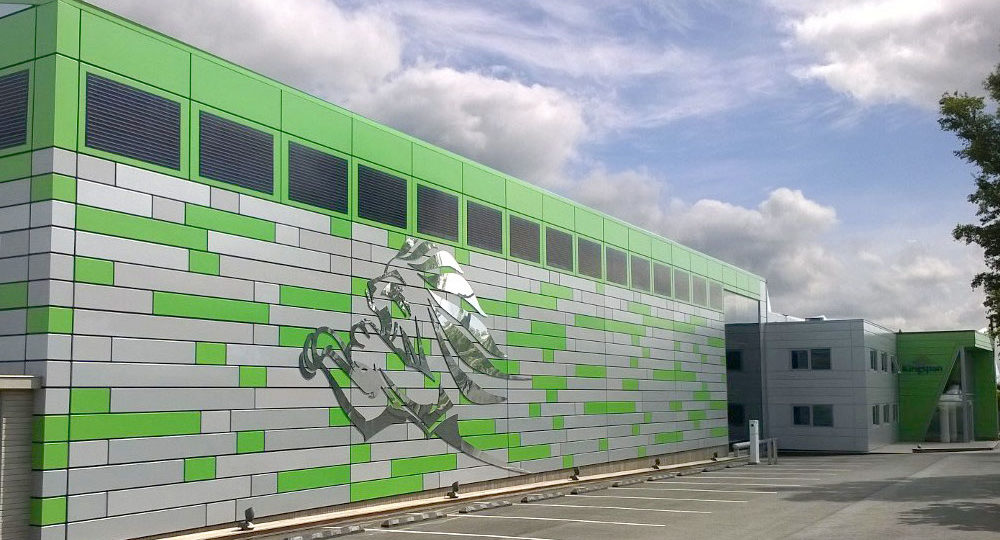Just over a year ago, we published Ayres Punchard’s statement on Kingspan and the Grenfell Tower fire. The statement was published after news began to emerge from the Grenfell Tower Inquiry, including a former technical project manager’s revelations that it was ‘common knowledge’ within Kingspan that the insulation used on the Grenfell Tower was unsafe for use.
We were shocked to learn that internal Kingspan documents allegedly described test results of the cladding as ‘a raging inferno’. We were astounded to hear reports of a Kingspan manager telling professionals who raised concerns over fire safety that they could ‘go f*ck themselves’.
In 2020, the Key To The Future (KTTF) model portfolio service was heavily exposed to Kingspan, which was held by seven of the funds within the portfolio. The funds were WHEB, Guinness Sustainable Energy, Baillie Gifford, Liontrust Sustainable Future (SF) UK Growth, Liontrust SF European Growth, Liontrust SF Global Growth, and Janus Henderson Global Sustainable Equity.
Janus Henderson responded to our article to inform us that they had fully divested from Kingspan on the 27th November 2020, citing ‘the risk of long-term liabilities that the company could be exposed to based on the revelations from the Grenfell Enquiry’.
Fund managers from the other six funds met with us in the days after publication to have honest and constructive conversations about the ongoing situation. Some voiced their reticence to divest from Kingspan before the conclusion of the Grenfell Tower Enquiry, while others felt that divestment was not the answer and believed that continued engagement with the company could prove to be a more productive option.
We can now confirm that – as of December 2021 – Kingspan has been dropped by all funds within the Key To The Future model portfolio service. Chris Welsford, managing director of Ayres Punchard, had this to say regarding the news:
“Fund managers often claim in-depth knowledge of the businesses they invest our clients’ money in. Sadly, despite the information being out there, evidence of poor business practices, toxic culture, and weak governance is often ignored or set aside pending legal resolution – or sometimes false assurances by the companies themselves.
As part of our process, we present allegations of wrongdoing by companies to fund managers, which are frequently dismissed or papered over in an attempt to justify ownership of often long held companies that present real long-term risks to investors. For behavioural financial psychiatrists, this is a great example of anchoring or affirmation bias. Sadly, for investors it creates distrust.
In our view, ESG cannot be all about the E at the expense of the S and the G. We see this time and time again with funds in our portfolio, where one specific positive impact is aligned with a particular UN Sustainable Development Goal (SDG), only to find that the company we’re analysing is acting very negatively in respect of other SDGs, and often committing serious transgressions against the UN Global Compact in areas such as Human Rights, Labour Rights, Anti-corruption, or Environment.
Kingspan’s involvement in the Grenfell Tower fire was a very negative impact that by far outweighed the positive impacts that it had claimed – and continues to claim – for its activities in respect to the environment. A more honest and transparent culture with better business ethics would have reduced the exposure to risk which ultimately we faced.
What the Kingspan case should be teaching us all is that we need to stop being over reliant on what companies tell us about themselves and look deeper, and with far more rigour, at what is actually happening beneath the surface. We must all do much more when we claim to be active shareholders who really ‘know’ the businesses we invest other people’s money in, particularly when we’re claiming positive impact for those investors.“
